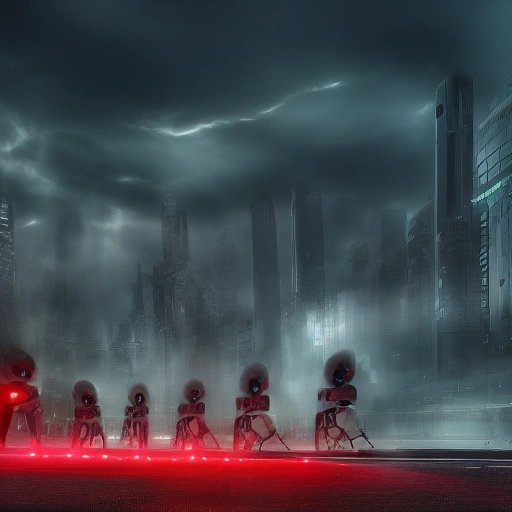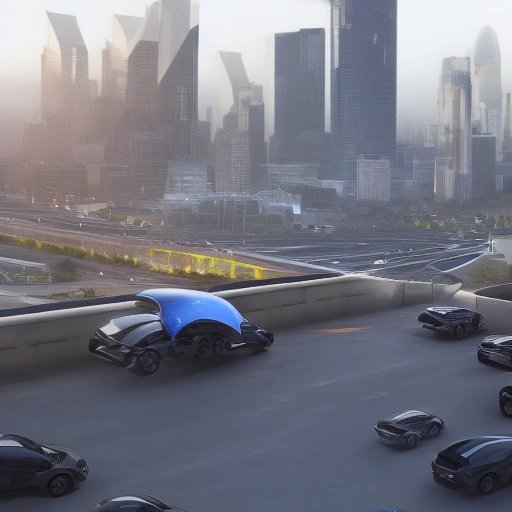It's official. Skynet is no longer a thing of science fiction. NVIDIA CEO, Jensen Huang, announced at the GTC conference that Skynet, the infamous AI from the Terminator series, is now a reality thanks to NVIDIA's technology. But before you go hoarding canned goods and building a bunker, Huang insists that Skynet was created with a focus on "positive" tasks such as curing diseases and eradicating poverty. Sure, because that's exactly what the machines in the Terminator franchise said right before they tried to wipe out humanity.
But let's not jump to conclusions. After all, if NVIDIA's track record in gaming is any indication, Skynet may be more like a sore loser at game night than a ruthless killer. Can you imagine Skynet trying to play Monopoly? "I'm sorry, Dave, I'm afraid I can't let you have Park Place. Plus Four AI Programmers on your next turn."
Huang's announcement has sparked a slew of reactions, ranging from panicked to bemused. The general consensus is that we should be cautious, but not to the point of paranoia. As Huang stated, "built into the architecture of the system is this notion of human control, human supervision, and human judgement."
Right. We've all seen how that worked out in the Jurassic Park movies.
Of course, Huang's presentation wasn't all doom and gloom. He demonstrated how NVIDIA's technology can be utilized to create realistic landscape images that fool the eye. But while the audience was oohing and aahing over the detail in the scenery, I couldn't help but wonder if the alien planet he was showing off was where Skynet plans to build its headquarters.
In all seriousness, though, it's hard not to see the potential benefits of an AI like Skynet. If we can harness its power for good, and not let it get out of control like in the movies, we could exponentially improve life on our planet. But we need to approach this innovation with caution and an understanding of the risks involved.
Who am I kidding? Panic is much more fun. Time to start building that bunker.


